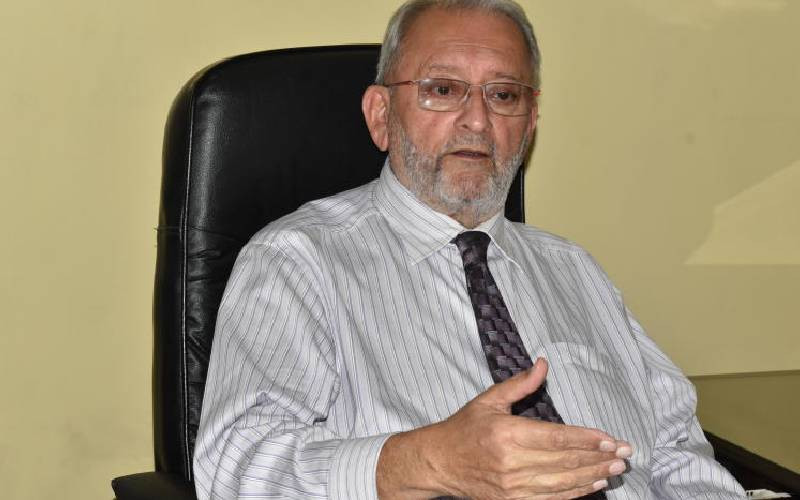×
The Standard e-Paper
Stay Informed, Even Offline

After 17 years of employment, Azym Dossa decided to venture out on his own. He had begun the job on a two-year contract and before he knew it, he was pushing almost two decades revising fares and handling customer complaints.
Mr Dossa liked the job and was passionate about the transport industry, especially long-distance travel.